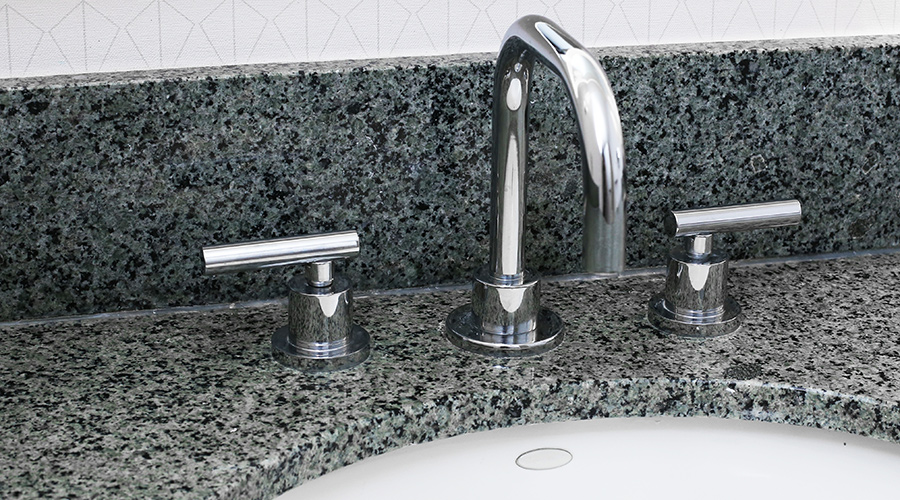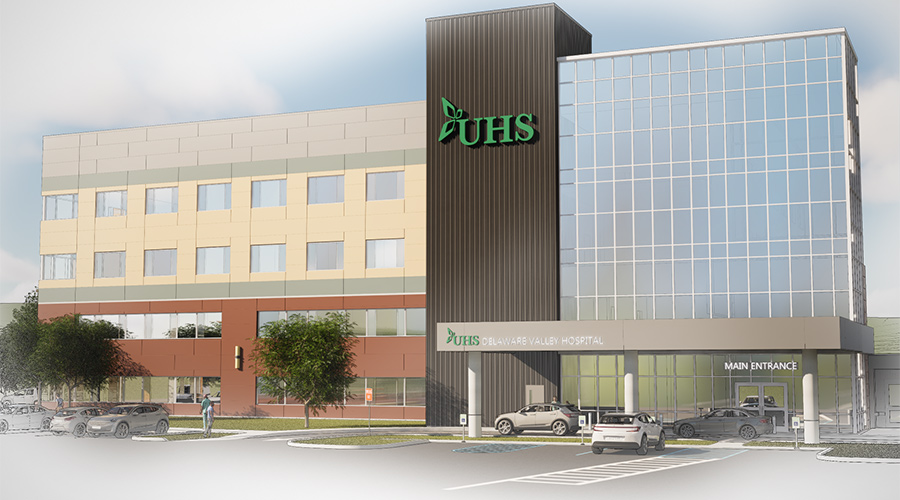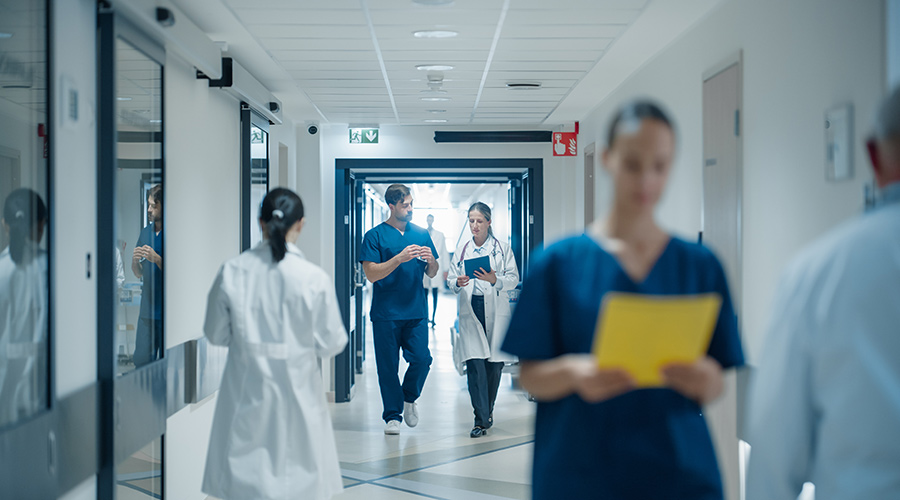A University of British Columbia-developed system that uses bacteria to turn non-potable water into drinking water was tested this week prior to being installed in remote communities, according to an article on the Infection Control Today website.
The system consists of tanks of fiber membranes that catch and hold contaminants while letting water filter through.
A community of beneficial bacteria, or biofilm, functions as the second line of defense.
Membrane water treatment is not new, but the modifications developed produce an even more effective solution.

 From Downtime to Data: Rethinking Restroom Reliability in Healthcare
From Downtime to Data: Rethinking Restroom Reliability in Healthcare LeChase Building Four-Story Addition to UHS Delaware Valley Hospital
LeChase Building Four-Story Addition to UHS Delaware Valley Hospital AdventHealth Sebring Breaks Ground on Expansion Project
AdventHealth Sebring Breaks Ground on Expansion Project Regulations Take the Lead in Healthcare Restroom Design
Regulations Take the Lead in Healthcare Restroom Design AHN Allegheny Valley Hospital Opens Expanded Inpatient Rehabilitation Unit
AHN Allegheny Valley Hospital Opens Expanded Inpatient Rehabilitation Unit